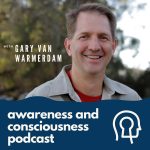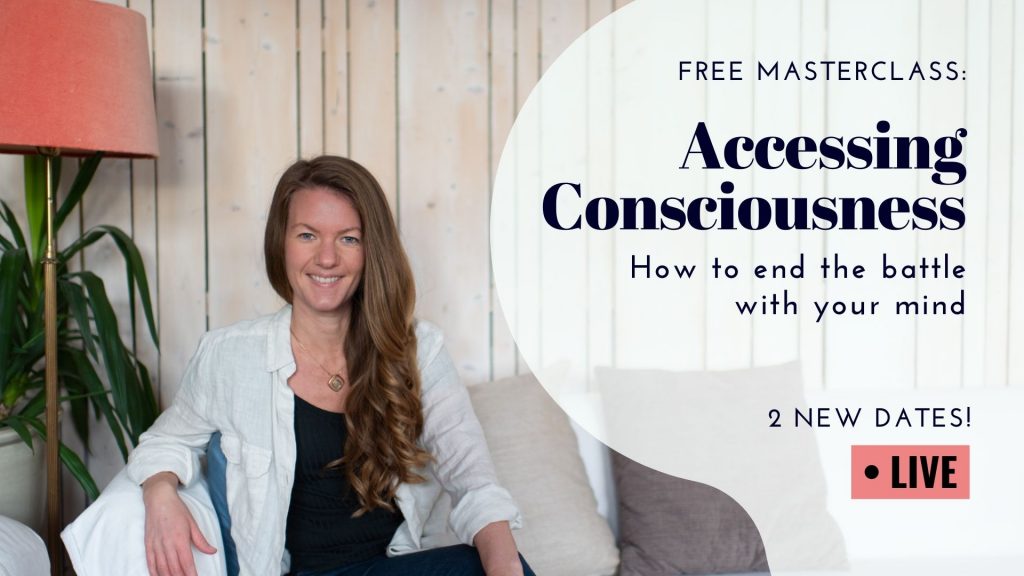
Having voices in your head is actually quite normal. The mind can make a conversation, debate, argue, self-judgments, criticisms, or come up with funny dialog all by itself. Many people are identified with the voices of the mind, so don’t notice them as separate. They feel they are the entity doing all the thinking.
With awareness, you realize these narrative thoughts as coming from something separate from your “self.” When thoughts keep you up at night, and you can’t turn them off, you can see them as separate from your control. When you sit down to meditate, you might notice that they don’t do what you ask of them.
We hesitate to acknowledge that the mind generating thoughts on its own is separate from us as consciousness. In doing so, we do ourselves a dis-service of truth. Perhaps we hesitate because there is a stigma associated with having “voices in your head” as meaning crazy or having schizophrenia. This is an incorrect association. Most people of some awareness realize they have continual chatter in their heads that they are not creating. It’s often called the “monkey mind.”
When you move into conscious awareness, you can realize yourself as separate from the monkey mind doing the chatter. From that state of awareness, you can explore the beliefs that drive these thoughts and many of the emotions. Most importantly, by developing skills, you can change the internal narrative of thoughts and their emotions.
For practical exercises to address the unconscious beliefs driving the programmed voices in your head, take the Self Mastery Course.
When you adopt a more truthful understanding of those thoughts’ sources, you can address and change them more effectively. By shifting your sense of identity to consciousness and seeing your mind as separate, you can remove a degree of self-judgment. The thought that”I have some problematic thoughts” changes to, “my mind has some problematic thoughts.” This can give a feeling of relief.

